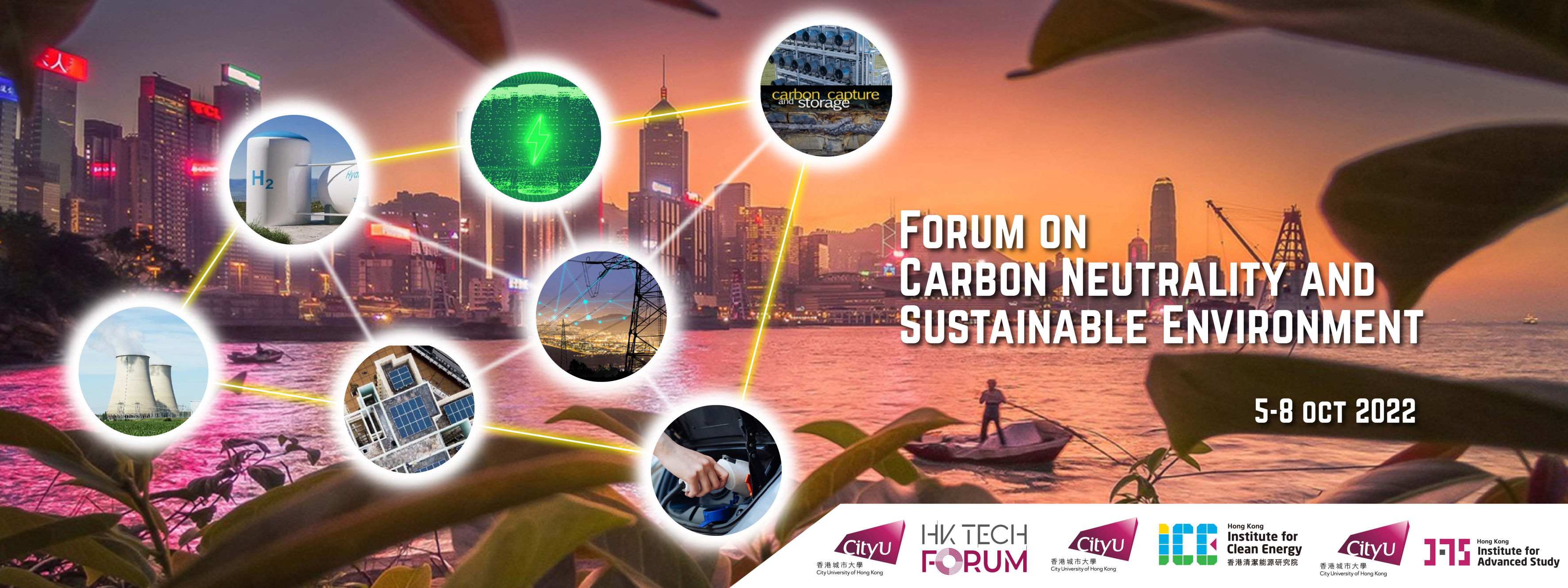Short Talk Speaker
Biography
Wanxin Li is highly experienced with evidence-based and transdisciplinary policy research for achieving sustainability transitions. She is particularly interested in intellectual explorations on the following four topics : (1) socio-technological innovation, (2) policy design and governance, (3) institutional capacity, and (4) economic and social well-being.
Having had the privilege working with the World Bank, OECD, and Tsinghua University, she contributed significantly to discover why and how socio-technological innovations emerge and make impacts, in the context of the multi-level governance structure in China. Her research output appears in tier one academic journals such as Nature and Land Use Policy. Besides the academia, her work has been well received by policymakers, practitioners, and international organizations. For example, she was invited to speak at the OECD International Conference on Environmental Compliance Assurance in Paris, and the Trade and Environment Session of the WTO Public Forum in Geneva.
She is also highly effective in guiding students to learn the craft of designing and executing problem driven independent projects. For example, she guided three undergraduate students who majored in Environmental Policy and 35 CityU student volunteers to work together on the 2016 Hong Kong Rugby Sevens Green Ambassador Scheme. Students were encouraged to apply research skills learned in the class to invent and evaluate the impacts of their own designed transparent recycling bins in promoting green mega-events in Hong Kong. This was selected as one of the flagship projects presented at the Climate Change Stakeholder Engagement Forum held by the Hong Kong SAR Government on 12 July 2016
Why is environmental governance critical for achieving carbon neutrality?
Wanxin Li 1,2
Abstract
Climate finance in various forms such as ESG investing and carbon emissions trading, has become mainstreamed globally. The market mechanisms do not reduce carbon emissions themselves but can potentially incentivize the invention and deployment of technologies and practices, and achieve economic efficiency in climate mitigation and adaptation. Unfortunately, the effectiveness of those market mechanisms has been largely compromised by a lack of integrity in the monitoring/measurement, verification and reporting of ESG performance and carbon emissions embedded in business operations. The third parties are contracted to provide carbon emissions data for regulators, green investors, and the public, who are the principals financing climate actions and bearing the consequences of climate change. Thus, the integrity of the information and data supporting system is a function of the institutional design of environmental monitoring and reporting, especially how the principal-agent problem has been dealt with, which is context specific. Because carbon and air pollution reduction complement each other and face common challenges, it is beneficial to unpack the contractual relationships in both to inform institution building for achieving carbon neutrality and local health co-benefits in China.
According to transaction cost economics, the principal bears the following three contractual hazards, asset specificity, observability and enforceability, which are contingent upon the ex ante screening, contract design and execution, and ex post evaluation. The centralization and marketization reform in air quality monitoring in 2015 was found to be partially effective in addressing asset specificity and enforceability. However, resorting to the market is not a panacea because the emitters and local government are still motivated to form a shadow clientele relationship with those qualified data providers, given climate finance and government responsibility system offer economic gain and career prospects, respectively. The public interest litigation initiated by the China Federation for Environmental Protection in July 2022 against the two consulting firms for falsifying carbon emissions data offers ad hoc evidence on the perennial challenge of holding the agents accountable for environmental data provision that sets necessary foundation for climate finance to work. A country-wide systematic review is in order to stocktake and diagnose contract terms and practices of the environmental monitoring services industry, given the regional variations in local contexts and the power and reach of the local government. Without the ground work, it is impossible to build necessary institutions and a professional work force for creating a level playing field and achieving carbon neutrality in the future.

